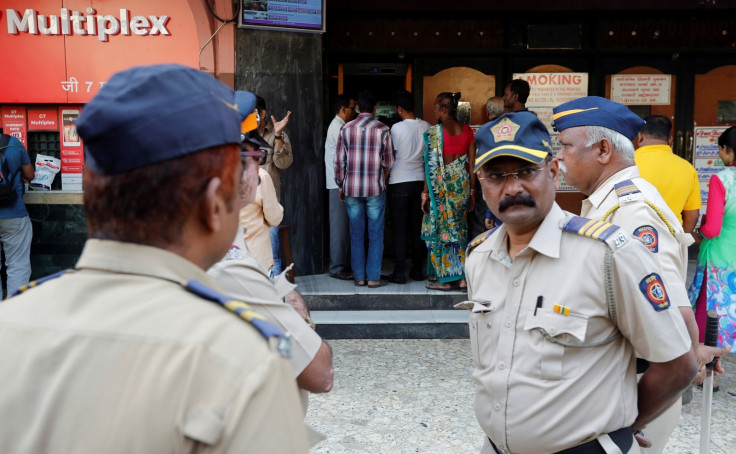Padmaavat controversy: Violence spreads across north India following movie release
Rioters clashed with police and even burnt buses in their protest against the Bollywood period drama.

Padmaavat, a high-budget Bollywood movie, has been toiling northern Indian states for the past several months as its much-delayed release set vehicles on fire, pushing many parts to a standstill.
Riots broke out in some areas on Thursday (25 January), the day when the historic drama — about a Hindu queen and an invading Islamic ruler — was released. Violent mobs of hardline Hindu groups, unhappy with the narration of the story and portrayal of the queen, burnt buses and even pelted stones on a school bus carrying children.
Karni Sena, a Rajput organisation, is spearheading the demonstrations against the screening of the movie in many Indian states.
The protesting groups allege that the epic drama, directed by Sanjay Leela Bansali, portrays a romance between Padmini or Padmavati — a much-revered religio-political figure in the Hindi-speaking heartland, and the 14th century brutal Muslim emperor Alauddin Khilji. However, the makers deny those claims.
Though historians are divided over the exact account of the events, it is widely believed by the Rajputs — a fiercely proud community of its traditions — that Padmavati had immolated herself instead of getting captured by the conquering tyrant.
The right-wing groups also took offence to the midriff-exposing costumes worn by the lead actress, Deepika Padukone.
The strong opposition and violence following the release of the movie continued despite green signals from the judiciary as well as the Central Board of Film Certification.
Security has been stepped in many northern states in anticipation of violence after the country's Supreme Court refused to ban the movie rejecting a request from state governments, which cited law and order issues.
At least two states, Gujarat and Rajasthan, have decided not to screen the period drama in cinema halls with many others in other states individually deciding to shelve the plans. There have also been threats from dozens of Rajput women that they would also burn themselves if the movie is screened.
While rioters clashed with security forces in Uttar Pradesh and Gujarat, several buses were set on fire in the state of Haryana. The rioters even pelted stones on a school bus carrying children, but no one was injured in the incident, according to police.
The campaigners have also been pillaging vehicles, attacking cinemas and blocking roads in their attempts to silence the movie, which has so far received mixed reviews from film critics.
"Freedom of expression does not allow license to distort history. So one can sit down with the protesters and sort this out. When things are not done through consensus, there can be trouble," said federal minister VK Singh from the ruling Bharatiya Janata Party (BJP), a right-wing political establishment often blamed for flirting with the ideas of muscling freedom of expression.
"The BJP's use of hatred and violence is setting our entire country on fire," said Rahul Gandhi, president of the main opposition party Indian National Congress.
The story was originally published on 25 January.






